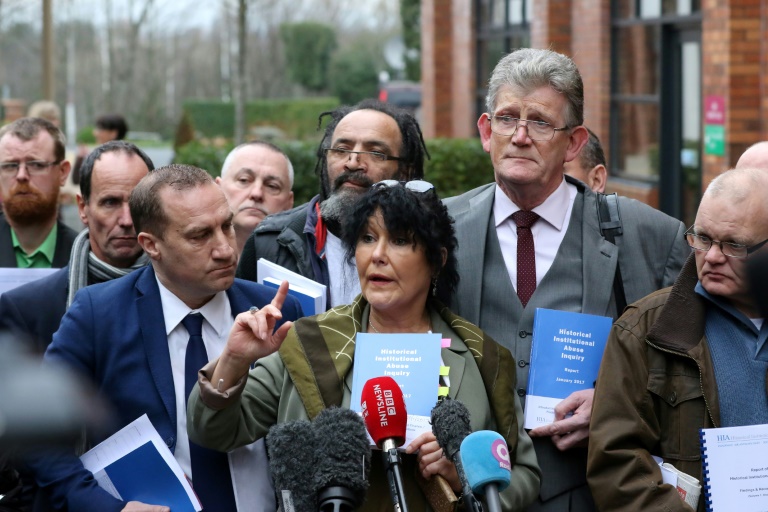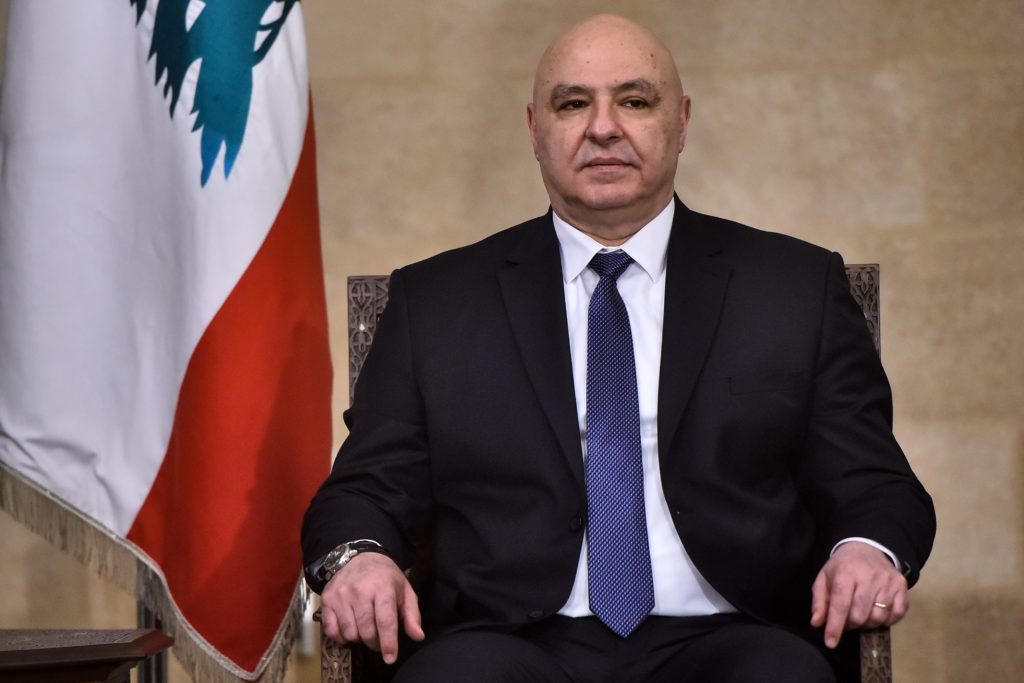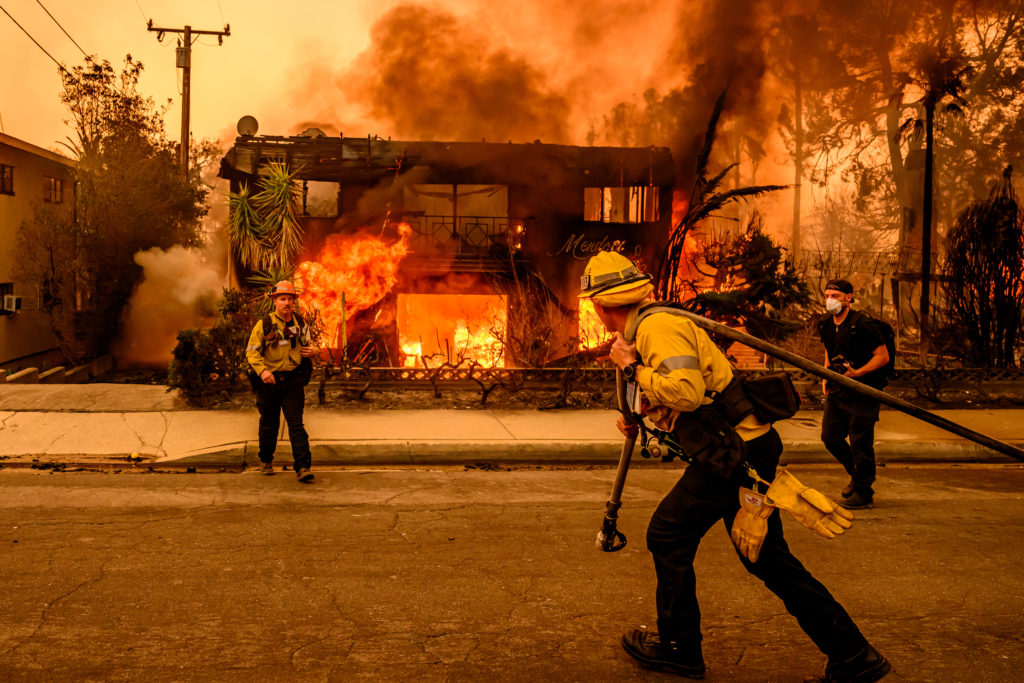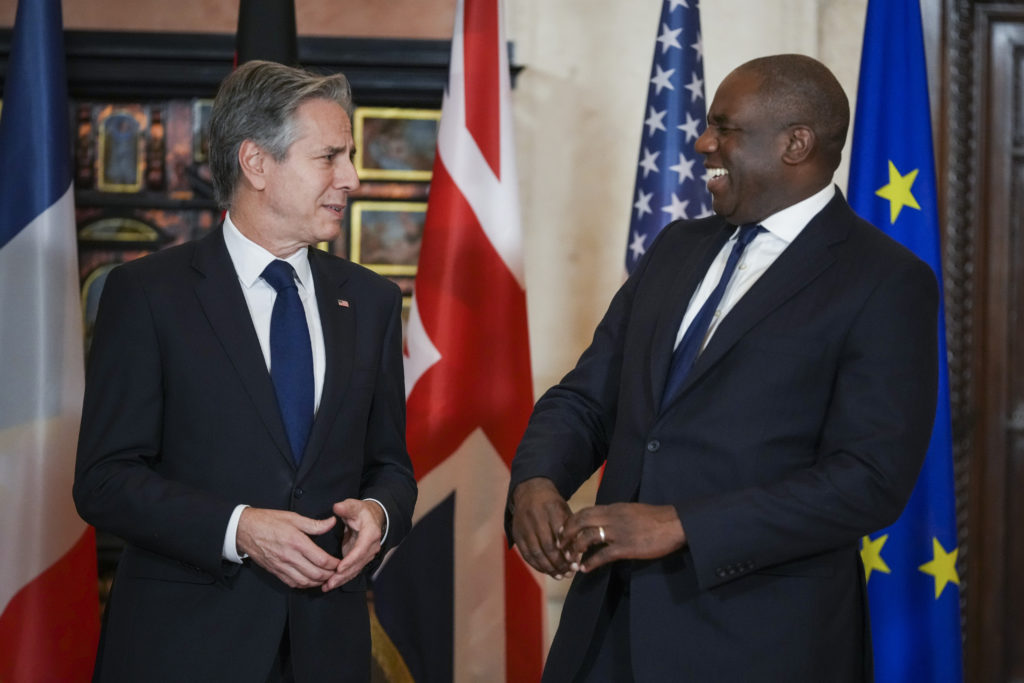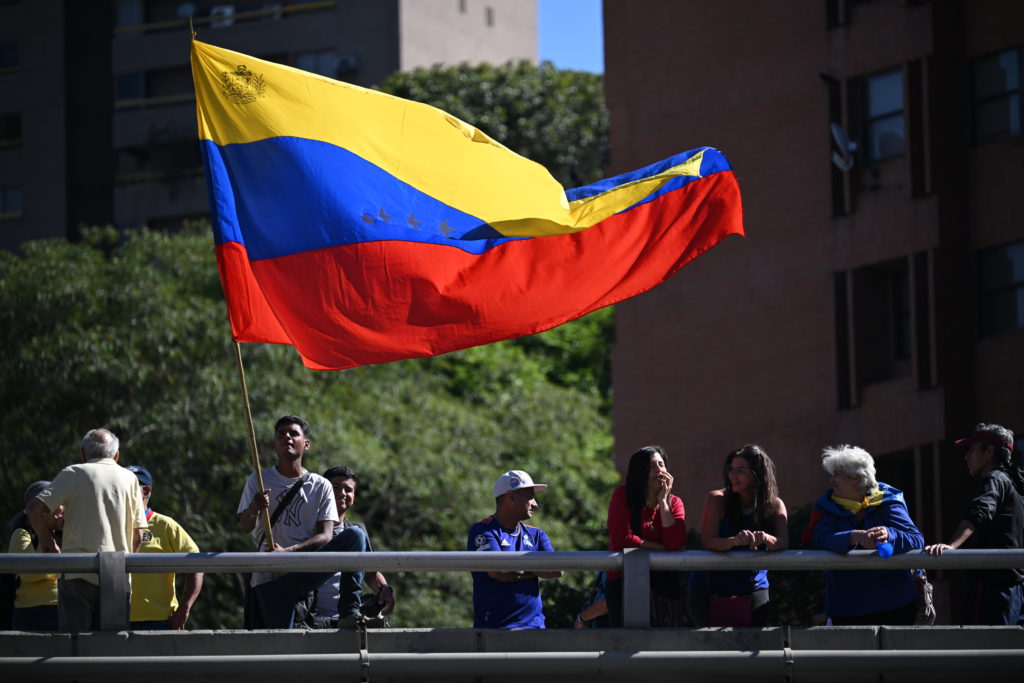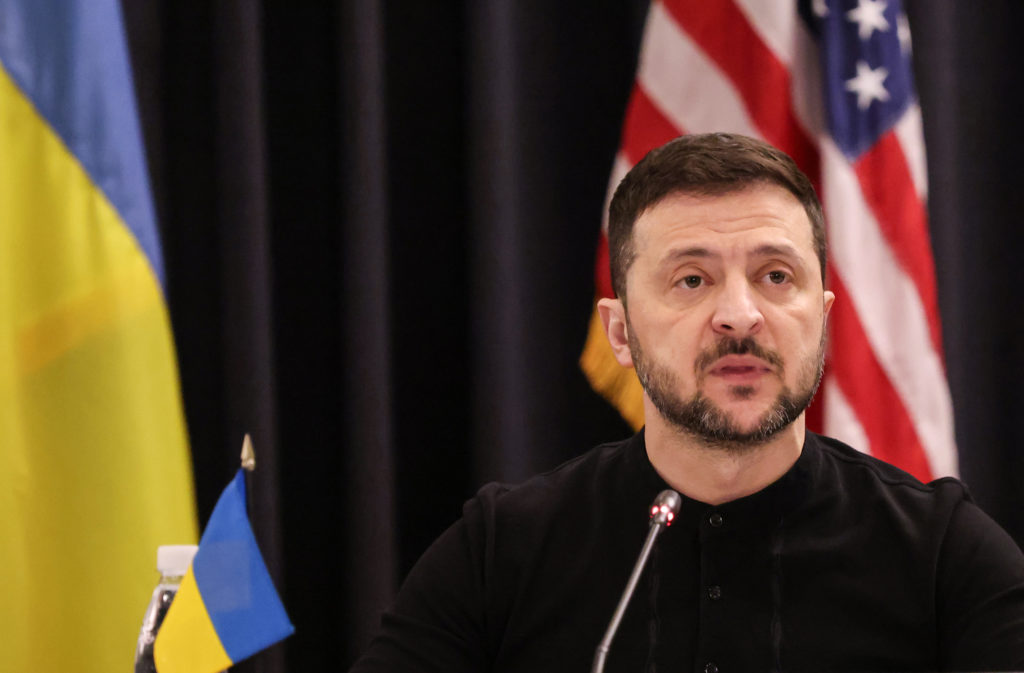Ministers from Northern Ireland’s five main political parties are on Friday to issue a public apology for historical, institutional abuses in children’s homes after years of delays.
The apology will be offered at the seat of Northern Ireland’s devolved government at Stormont, and mirrored by religious institutions that ran the homes and were found to have committed systemic failings.
A four-year inquiry into abuses in care homes in Northern Ireland found widespread mistreatment in its final report, which was rendered in 2017.
Among the report’s recommendations was a call for a public apology to survivors.
The apology was due to be delivered by the executive’s first and deputy first ministers but was thrown into jeopardy when the power-sharing government collapsed last month.
Margaret McGuckin, chairwoman of SAVIA (Survivors and Victims of Institutional Abuse), told AFP the apology had become a “political football” over the years but remained deeply important.
“There are many people who needed it and to hear: ‘I’m sorry, it’s not your fault’,” she said.
She compared the significance of Friday’s apology to that issued by the UK government after nearly 40 years for “Bloody Sunday,” when troops shot dead 13 civil rights protestors in Londonderry in 1972.
McGuckin survived abuse at one of four homes run by the Catholic Sisters of Nazareth order which attracted the highest number of complaints during the Historical Institutional Abuse (HIA) inquiry.
Her brother, Kevin, has said he was sexually abused at a children’s home run by a Catholic order from the age of 11 after the four children were taken into care.
A total of 493 people came forward to report abuses, with testimonies gathered in Northern Ireland, the rest of Britain, Ireland and Australia.
The report was particularly scathing over serial failures by police to investigate allegations and the role of the Catholic Church in protecting perpetrators.
It found “evidence of sexual, physical and emotional abuse, neglect and unacceptable practices” from 1922 to 1995 in most of the institutions it investigated.
These included 22 care homes run by state, church and charitable bodies.
On Wednesday, the UK government’s Northern Ireland Secretary Brandon Lewis said it was “only right” that victims of historical institutional abuse would receive the formal apology.
“For too many years the voices of victims and their appeals for help went unheard. On March 11 they will receive a full and unconditional apology that is so deserved for them,” Lewis said during a session of questions on Northern Ireland in the UK parliament.

